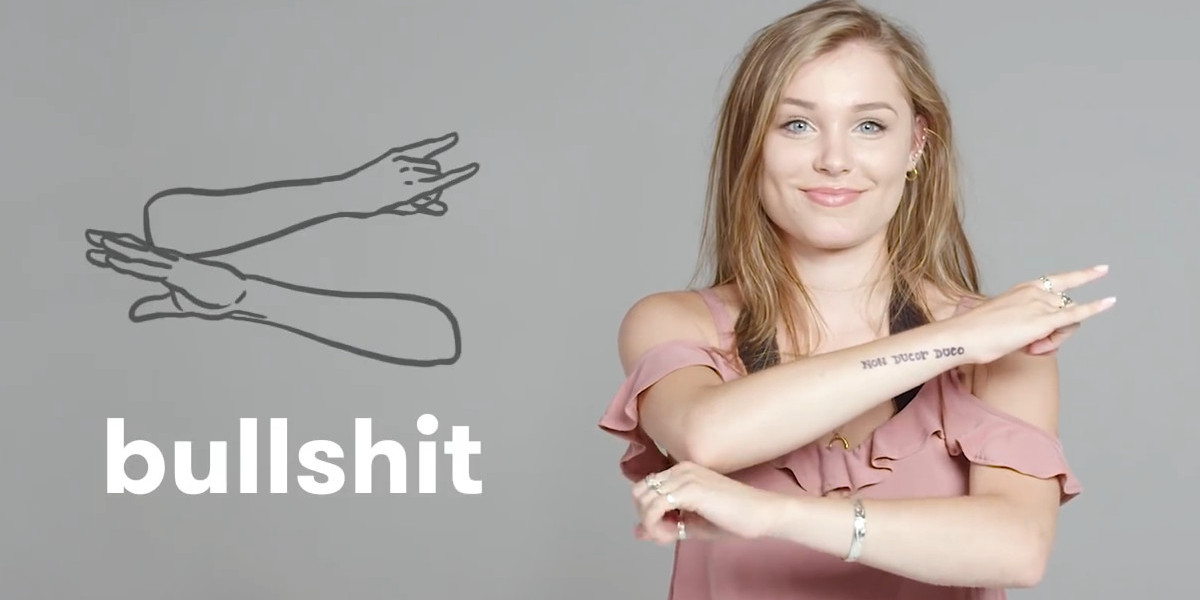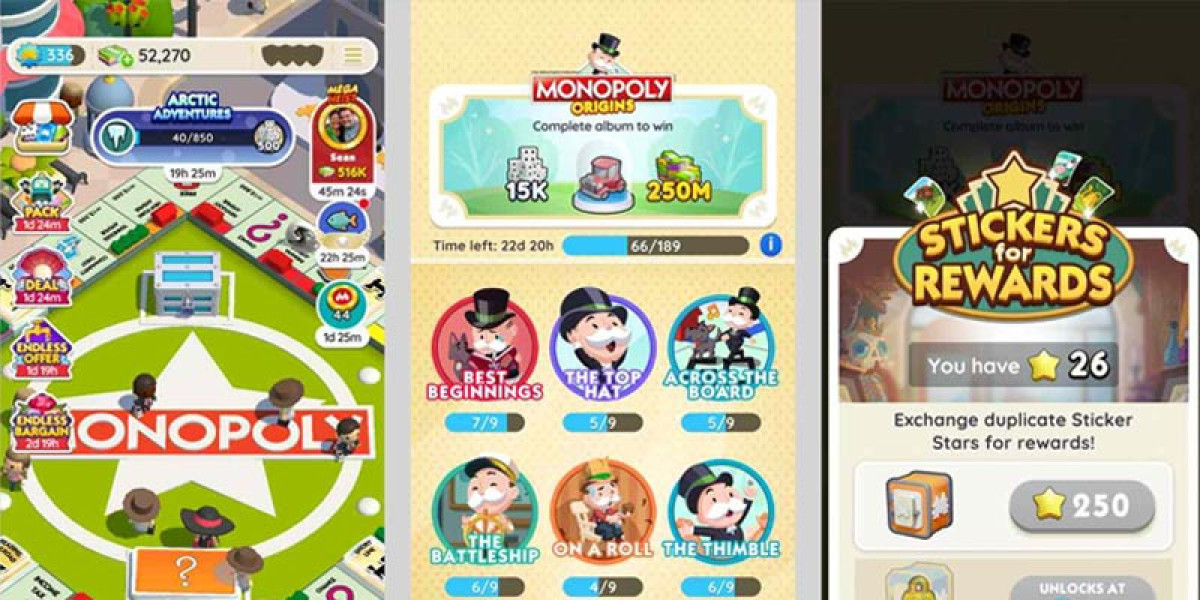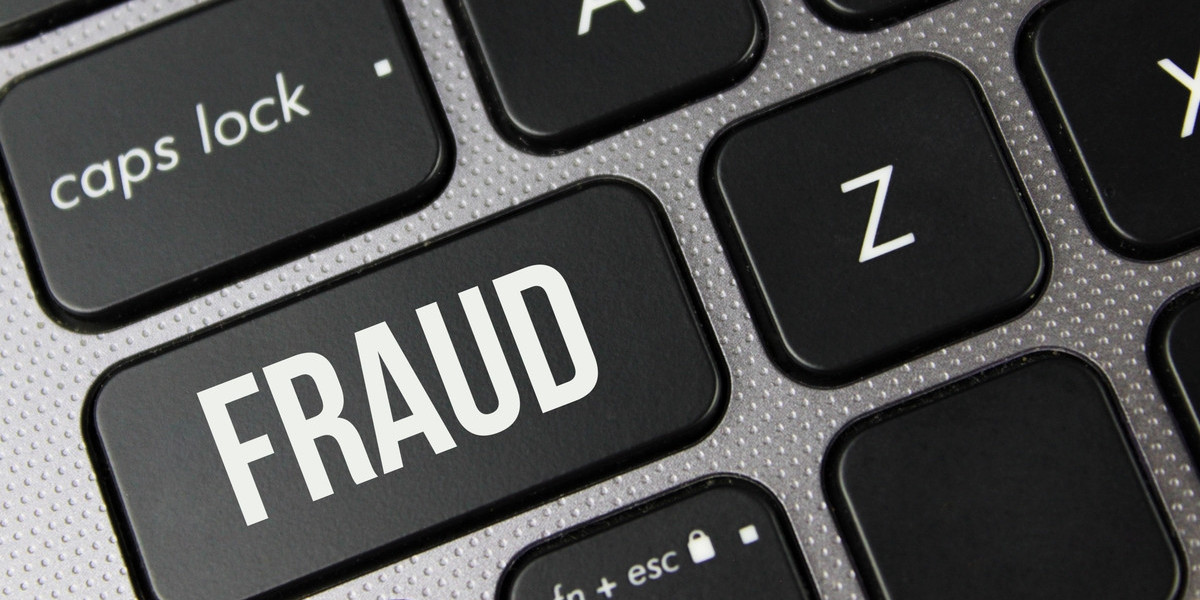Nowhere is this more apparent than in the playful, quirky world of American and British funny swear words. While both cultures have a knack for coming up with creative alternatives to classic curses, their approaches, humor, and even the words themselves reveal a lot about their respective personalities. Let’s dive into the delightful differences (and some surprising similarities) between American and British funny swear words, and see what makes each style so uniquely entertaining.
The American Approach: Playful, Loud, and Inventive
American funny swear words tend to be bold, silly, and often sound like something straight out of a cartoon. Americans love to play with language, mashing up words, inventing new ones, and turning everyday objects into hilarious insults or exclamations.
Take, for example, the classic “Son of a Biscuit!” Instead of going for the obvious, Americans swap out the offensive part for something innocent and unexpected. It’s got all the intensity of a real curse word but with the innocence of breakfast. Similarly, “Thunder Nugget” is a perfect way to call someone a tiny storm-related disaster—almost endearing, until you realize you’ve just been insulted.
Other American favorites include:
Fartknocker: Straight out of the 90s, this goofy word is perfect for teasing friends.
Craptacular: A blend of “crap” and “spectacular,” used to describe something so bad it’s almost impressive.
Dunderhead: Borrowed from Shakespeare, but still used in the US to call someone a fool in a playful way.
Fiddlesticks: An old-fashioned, wholesome exclamation for when things go wrong.
Clodhopper: For the friend who’s always tripping over their own feet.
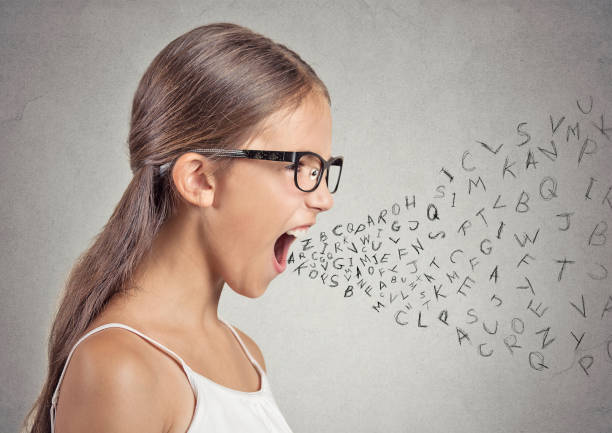
Americans also love to invent words that don’t really mean anything but sound hilarious, like “Shabadoo” (for when you drop something or miss a shot) or “Thunder Nugget.” These words are more about the fun of saying them than about their literal meaning.
The British Approach: Dry, Witty, and Delightfully Absurd
British funny swear words, on the other hand, are all about wit, understatement, and a touch of absurdity. The British have a long tradition of creative insults and exclamations that sound both ridiculous and oddly sophisticated.
Some of the most iconic British funny swear words include:
Muppet: Calling someone a “muppet” means they’re acting silly or dim-witted. It’s gentle, funny, and distinctly British.
Numpty: A Scottish gem, “numpty” is used for someone who’s made a silly mistake.
Cockwomble: Perhaps the ultimate British insult, “cockwomble” is absurd, satisfying to say, and just the right amount of rude.
Wazzock: Another classic, meaning a complete fool.
Twit: Short, simple, and very British, “twit” is perfect for casual insults.
Gobbledegook: Used when someone is talking absolute nonsense.
Codswallop: The ultimate way to call out something ridiculous, with all the flair of an English gentleman.
Malarkey: Another way to dismiss nonsense, but with a bit of old-school charm.
The British also excel at using old-timey or Shakespearean insults, like “fustilarian” (lazy good-for-nothing), “nincompoop” (a fool), or “scallywag” (a playful rogue). These words are as much about the joy of language as they are about the insult itself.
Comparing the Styles: What Makes American and British Funny Swear Words Unique?
One of the biggest differences between American and British funny swear words is the tone. American alternatives tend to be louder, more playful, and sometimes downright nonsensical. They’re often designed to make people laugh out loud and are perfect for teasing friends or venting frustration without crossing the line.
British funny swear words, meanwhile, are often dry, understated, and delivered with a straight face. There’s a subtlety to British humor that comes through in their choice of words—insults that sound almost polite, or exclamations that are so old-fashioned they’re charming.
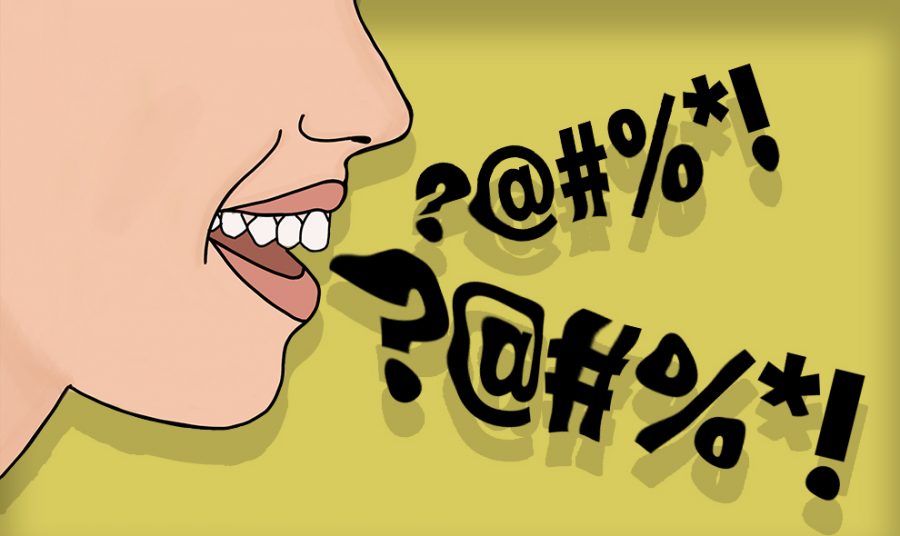
Both cultures love to invent new words and play with language, but the British have a special talent for making even the silliest insult sound clever. Americans, on the other hand, excel at turning everyday objects and bodily functions into hilarious exclamations.
Shared Favorites and Global Influence
Despite their differences, there’s plenty of overlap. Words like “nincompoop,” “dunderhead,” and “fiddlesticks” are beloved on both sides of the Atlantic. The internet and pop culture have also helped spread funny swear words far and wide, so you’ll often hear British insults in American movies, and vice versa.
For a comprehensive list of hilarious options from both cultures, check out https://blog.appewa.com/30-funny-swear-words/ — you’ll find everything from “thunder nugget” to “cockwomble” and plenty more to spice up your vocabulary.
Why Funny Swear Words Matter
At the end of the day, funny swear words are about more than just avoiding offense—they’re a way to keep language playful, creative, and uniquely expressive. Whether you’re calling someone a “muppet” in London or a “fartknocker” in Los Angeles, you’re participating in a grand tradition of using humor to connect, tease, and blow off steam.
So next time you’re tempted to drop a classic curse, try one of these transatlantic gems instead. You’ll get your point across, make people laugh, and maybe even start a new trend in your friend group—no matter which side of the pond you’re on.
